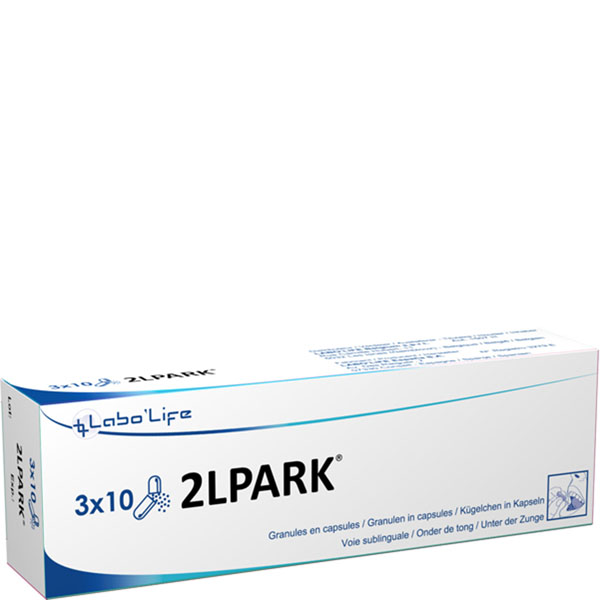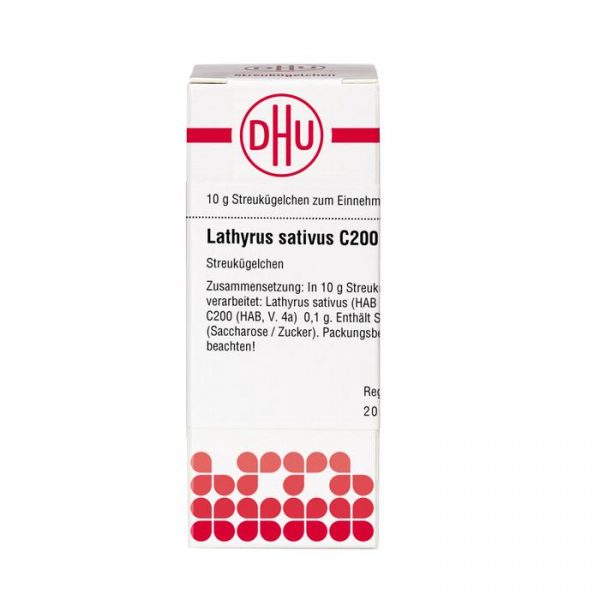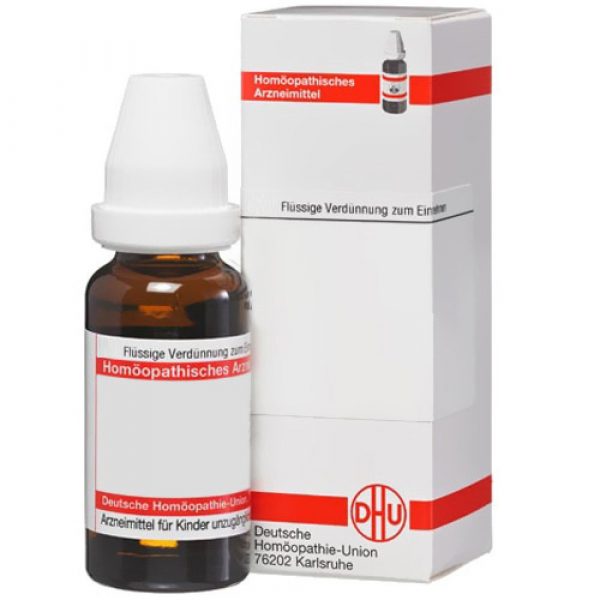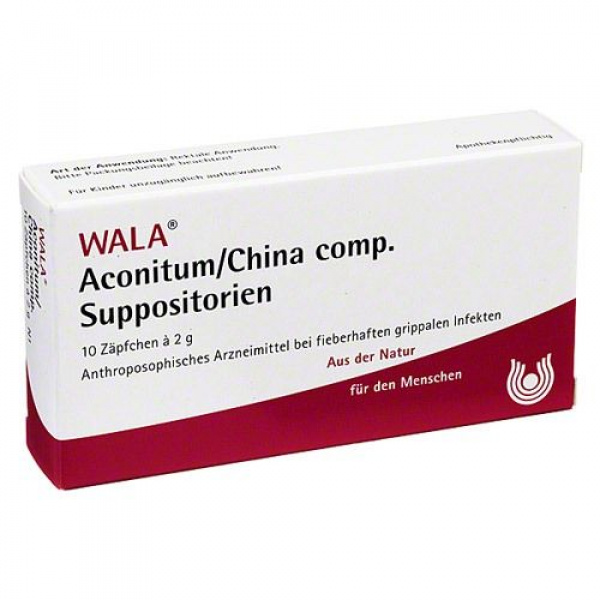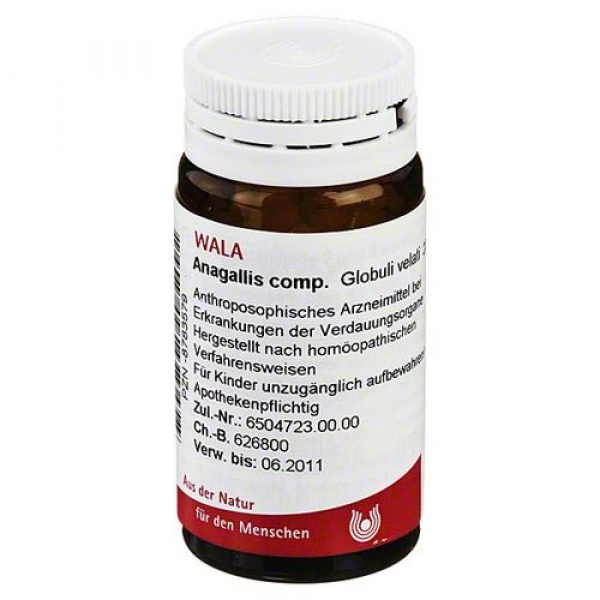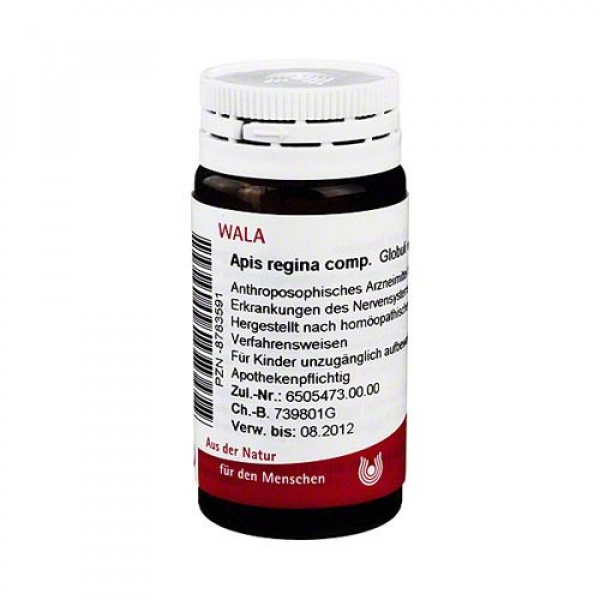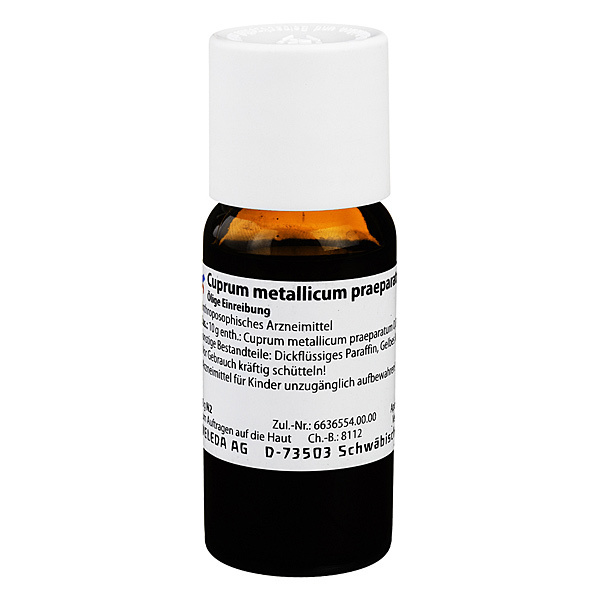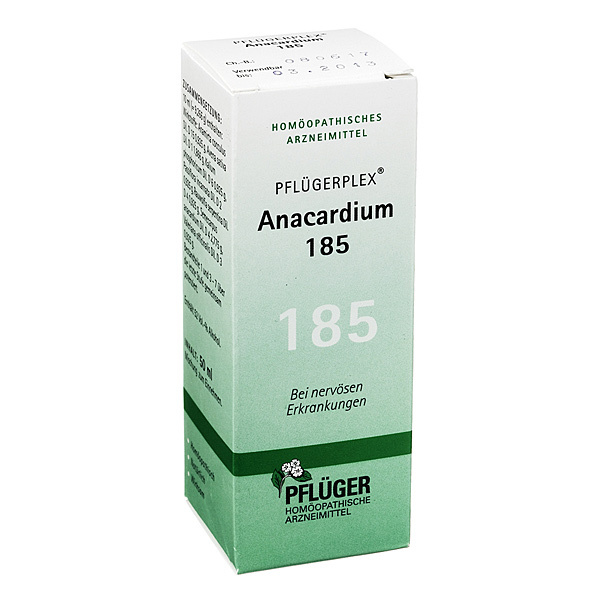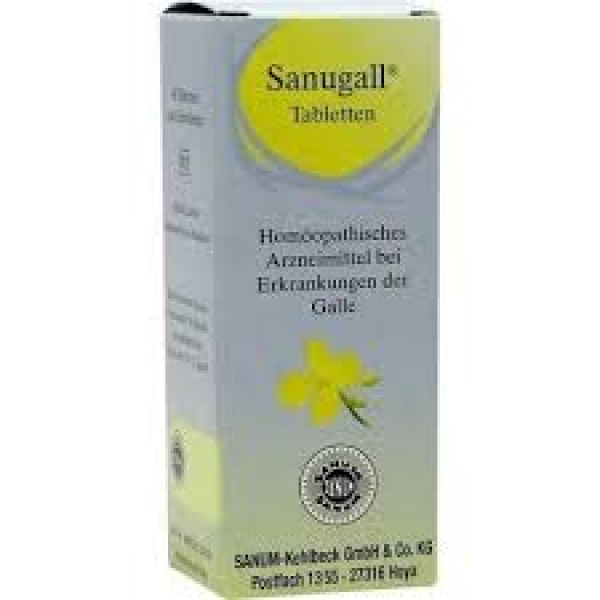Microimmunotherapy is an immunomodulatory treatment that works with the same messenger substances of the immune system (e.g. cytokines, hormones, growth factors, nucleic acids) to send information to the body and correctly “regulate” the immune response.
That is, their goal is to restore proper communication between cells of the immune system.
It aims to help these cells regain their original ability to defend us from attackers or to slow down their reaction if it is excessive.
In contrast to classical immunotherapy, a large number of immune substances (so-called “messenger substances”) are used in microimmunotherapy preparations.
These are prepared at low concentrations (microdoses) in a dilution/dynamization process, which ensures that they are well tolerated.
Furthermore, the concentrations used may also differ in the same preparation, depending on whether the substances are intended to have a stimulating, modulating or inhibitory effect on the organism.
Similar to the body's natural processes, substances are administered in a specific sequence, in a precise order.
Microimmunotherapy can be a powerful partner in the treatment of both acute and chronic diseases in which the immune system becomes deranged.
In this context, infectious diseases, oncological diseases and autoimmune diseases should be mentioned.

